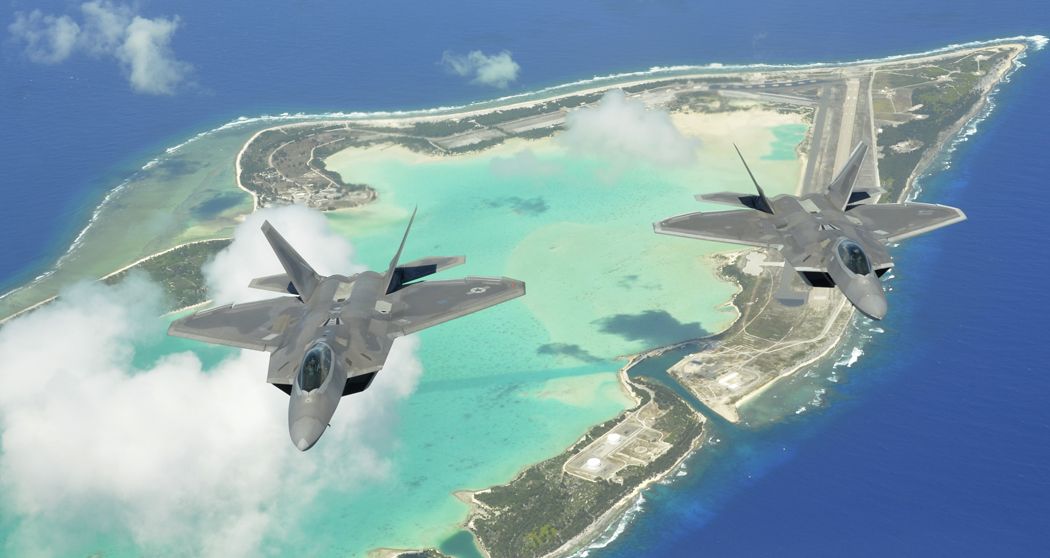Combat Air Forces, or CAF, units from multiple commands began flying again today after many stopped flying in April of this year due to sequestration.
The restored flying hour program represents $208 million of the $1.8 billion reprogramming allocation authorized by Congress. The money reinstates critical training and test operations for the CAF fleet across the Air Force for the remainder of fiscal 2013. This impacts not just Air Combat Command units, but also CAF units assigned to United States Air Forces Europe and Pacific Air Forces.
For ACC, the restored flying hours will be allocated to combat aircraft and crews across the command’s operational and test units, including the Air Warfare Center’s Weapons School, Aggressors and the Thunderbirds aerial demonstration team.
While the return to the sky means a return to crucial training and development for pilots, navigators, flight crews, mission crews and maintainers, the leader of the Air Force’s CAF fleet cautions that this is the beginning of the process, not the end.
“Since April we’ve been in a precipitous decline with regard to combat readiness,” said Gen. Mike Hostage, the commander of ACC. “Returning to flying is an important first step, but what we have ahead of us is a measured climb to recovery.”
“Our country counts on the U.S. Air Force to be there when needed — in hours or days, not weeks or months,” Hostage said. “A fire department doesn’t have time to ‘spin up’ when a fire breaks out, and we don’t know where or when the next crisis will break out that will require an immediate Air Force response.”
The restoration of flying hours only addresses the next 2 1/2 months of flying up until Oct. 1.
“This decision gets us through the next several months, but not the next several years,” Hostage said. “While this paints a clearer picture for the remainder of (fiscal 2013), important questions remain about (fiscal 2014) and beyond. Budget uncertainly makes it difficult to determine whether we’ll be able to sustain a fully combat-ready force.”
Additionally, the restoration comes at a cost to future capability, including reduced investment in the recapitalization and modernization of the combat fleet, he said.
“We are using investment dollars to pay current operational bills, and that approach is not without risk to our long-term effectiveness,” Hostage said. “We can’t mortgage our future. America relies on the combat airpower we provide, and we need to be able to continue to deliver it.”
(Courtesy of Air Combat Command Public Affairs)











